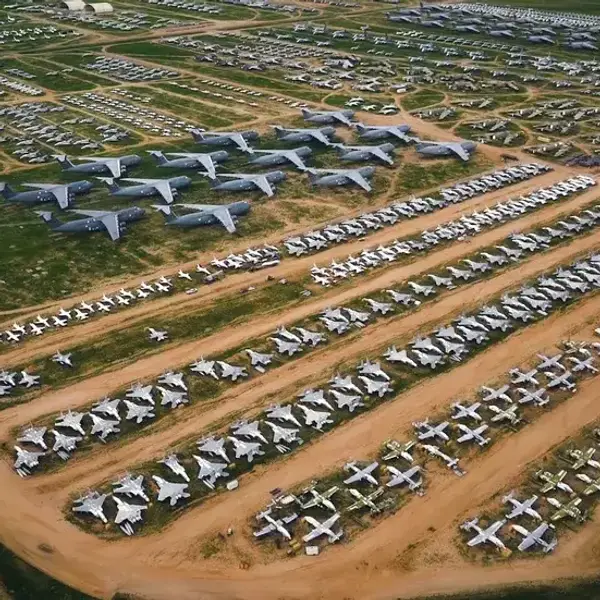Protecting Mother Earth has never been more deadly.
In the years between 2002 and 2013, at least 908 people were killed defending environmental and land rights, according to a new report, Deadly Environment (pdf), put forth by thehuman rights group Global Witness.
As the need for preservation of the Earth's natural resources has grown, says the group, the rate of violence against those fighting to protect the planet has faced a "sharp" increase in recent years. In the last four years the death rate of activists has risen to an average of two people a week, according to the report, with 2012 marking the most deadly year with 147 killings. That's nearly three times more than in 2002.
"Protection of the environment is now a key battleground for human rights," said Andrew Simms of Global Witness. "While governments quibble over the text of new global agreements, at the local level more people than ever around the world are already putting their lives on the line to protect the environment."
Global Witness released the report ahead of international climate talks in Lima, Peru, scheduled for later this year in hopes of increasing awareness of this growing crisis.
According to the report, most of the known killings are associated with land rights, "as companies and governments routinely strike secretive deals for large chunks of land and forests to grow cash crops like rubber, palm oil and soya." Indigenous peoples, landless groups and peasant movements have primarily been the victims of this upsurge in violence, with 92 documented events with 115 victims related to indigenous peoples.
The group emphasizes that this problem is "notoriously under reported" and that impunity is rampant among perpetrators. Of the 908 documented killings, there were only 10 convictions and information on those responsible could only be found in 294 cases.
According to the report:
In 52 killings, the perpetrators have been identified as military or police units. Some deaths were the result of excessive force or extrajudicial killings during protests or demonstrations. In countries such as the Philippines, there is evidence to show killings were at the behest of private sector interests or political actors.
The report notes that the problem is "particularly acute" in Latin America and South East Asia. In Brazil, where land disputes and industrial logging are key drivers, there were 448 documented killings followed by Honduras (109) and the Philippines (67).
"[T]his rapidly worsening problem is going largely unnoticed, and those responsible almost always get away with it," said Oliver Courtney of Global Witness. "We hope our findings will act as the wake-up call that national governments and the international community clearly need."
Read the report:
_____________________



